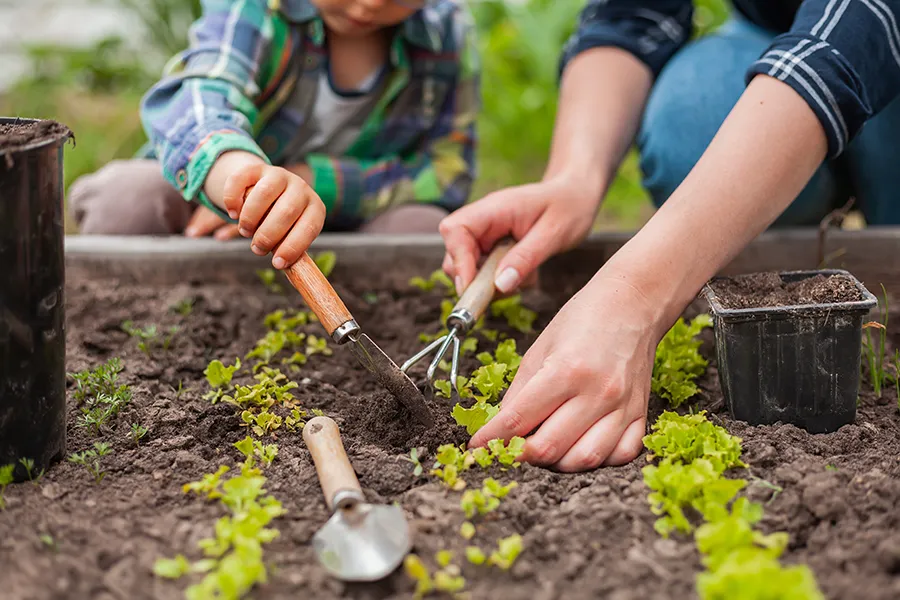HANTPOL® Tips & Guides
How to Use Compost in Your Garden

How to Tell if Your Compost Is Ready
The time it takes for compost to fully mature depends on various factors, including temperature, humidity, and material balance. Typically, the composting process can take up to 18 months.
This timeline can be significantly reduced (down to just a few months) by using a compost accelerator, such as our product – Ekokompost™. Learn more about our bio-preparation here.
To determine if your compost is ready to use, check for these key indicators:
- Smell: Finished compost has a pleasant, earthy scent.
- Appearance: Ready compost is dark brown and resembles moist soil, with a uniform texture and no visible plant remnants.
- No Earthworms: Beneficial earthworms will no longer be present in mature compost, as they have completed their work by this stage.
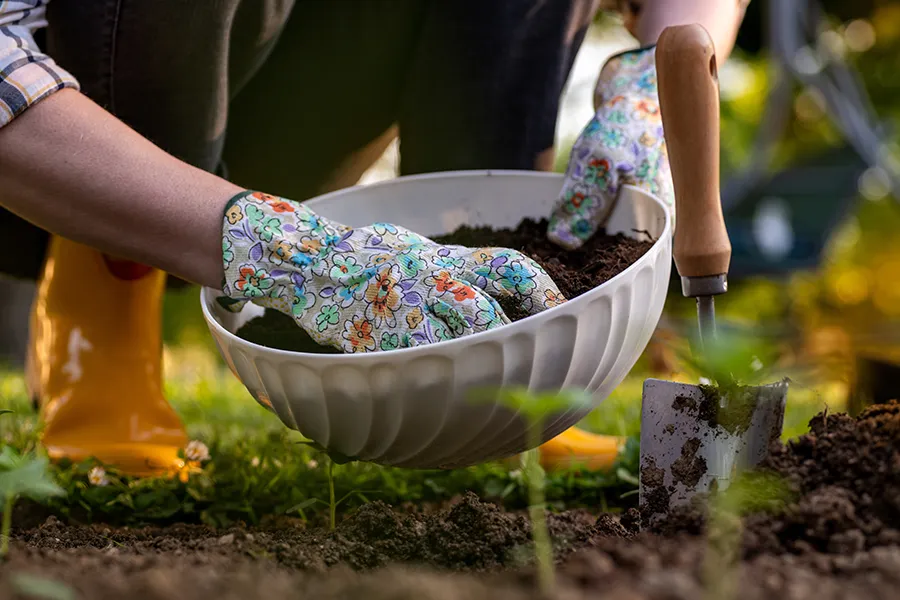

Using Compost in Your Garden
Compost is a versatile fertilizer that can be applied in several ways, depending on your plants’ and soil’s needs. Here are some effective methods:
For New Plants: Before planting, mix compost into the soil to a depth of about 20–30 cm. This gives young plants access to rich nutrients right from the start. Compost supports root development and improves soil structure, which is especially beneficial in the early growth stage.
For Mature Plants: Spread compost on the soil surface around established plants and shrubs. Used as mulch, it helps retain moisture, reduces weed growth, and gradually releases nutrients. Spread it a few centimeters away from the plants and their roots.
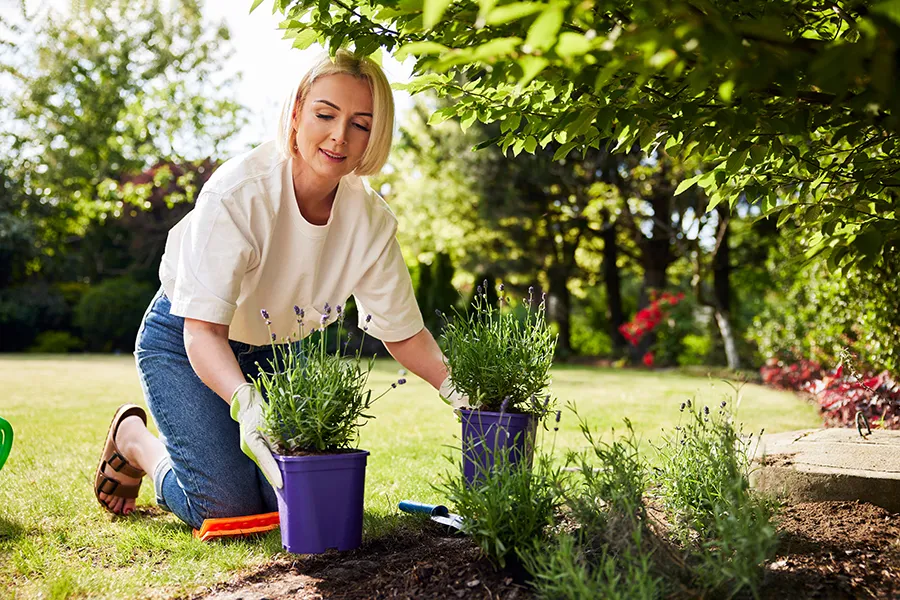
In Vegetable Gardens: Compost is also excellent for vegetable beds. Work it into the soil to a depth of 20–30 cm before planting. During the growing season, you can also apply a thin layer around vegetables as described above.
On Lawns: Compost can enrich your lawn as well. Spread a thin layer over the entire lawn and lightly work it into the soil. This supplies the grass with essential nutrients, promoting lush growth.
In Ornamental Gardens: Mix compost into flower beds to enhance soil structure and add nutrients that encourage healthy flowering.
Every type of soil and plant benefits from regular compost applications, helping your garden flourish throughout the season.
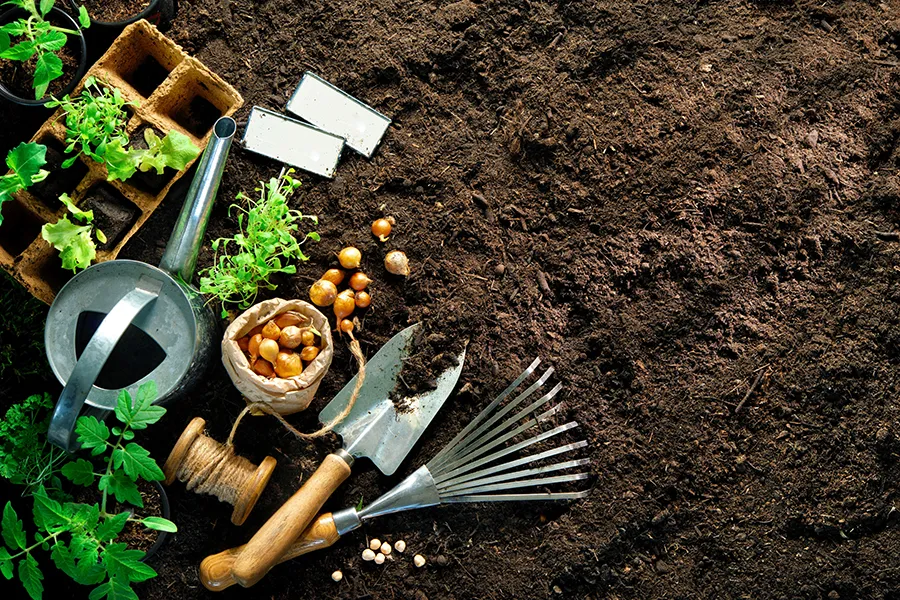

Can Compost Go bad?
Compost doesn’t “go bad” in the usual sense, but it can lose its effectiveness for garden use if, for example, it becomes waterlogged, too dry, or simply ages.
Over time, compost continues to break down and gradually loses its nutrients. This is completely natural.
Even after some nutrient loss, older compost can still be used. Though it may no longer be rich in nutrients, it still improves soil structure and moisture retention.
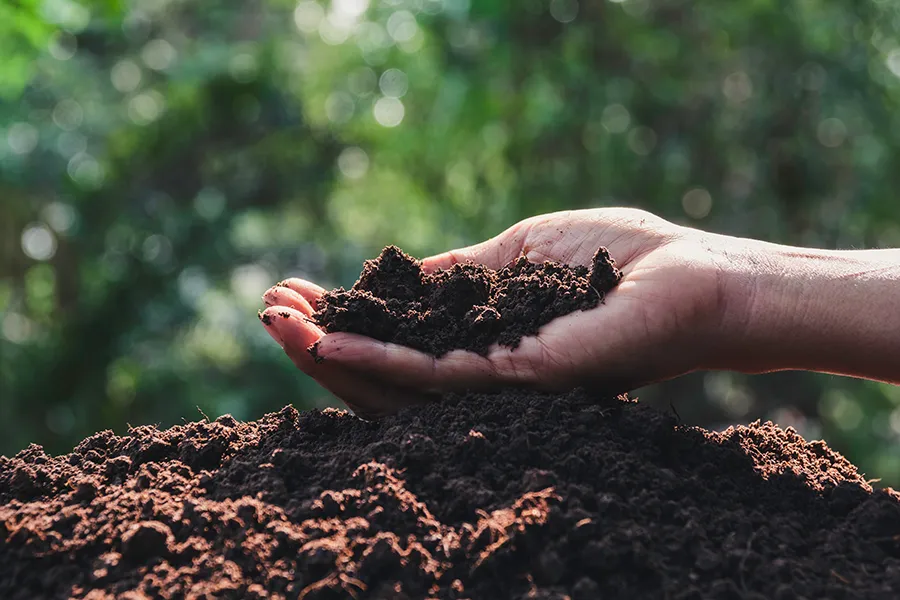

Benefits of Using Compost
- Supports plant growth and development
- Enriches soil with essential nutrients
- Improves soil structure and manages water and air balance
- Helps build and maintain rich humus in the soil
- Poses no risk of over-fertilization or plant damage
- Easy to use – requires no special conditions
- Completely natural and safe for people and pets
- Benefits not only your garden but also the environment
- Saves money and reduces kitchen waste
Creating healthy compost is neither difficult nor time-consuming. We encourage you to try it! Explore more composting tips in our other guides.
